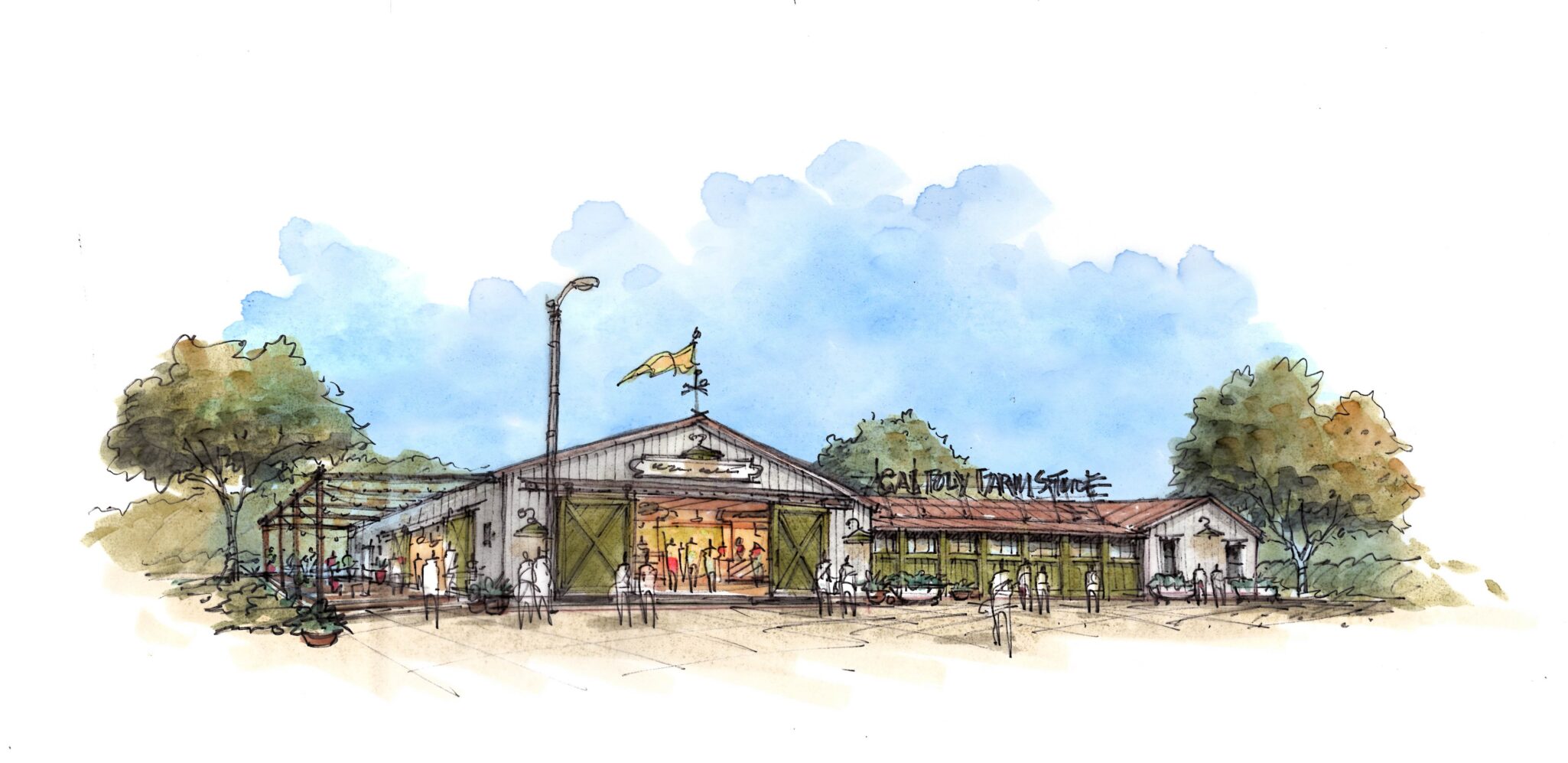Key Takeaways
- Driscoll’s has pledged $5 million to Cal Poly’s College of Agriculture, Food and Environmental Sciences to establish a state-of-the-art farm store within the university’s upcoming Plant Sciences Complex.
- The investment supports Cal Poly’s Learn by Doing philosophy, giving students hands-on experience across production, marketing, retail, and applied research.
- The farm store, set to open in 2027, will serve as a hub for food system innovation, uniting the university’s agricultural enterprises and fostering community engagement.
- Driscoll’s will have naming rights for the store, highlighting its long-standing commitment to education, partnership, and leadership development in food and agriculture.
- The partnership aligns with both organizations’ shared vision of preparing the next generation of agricultural and food industry leaders.
Driscoll’s Invests in the Future of Agricultural Education at Cal Poly
Driscoll’s, a global leader in fresh berries, has pledged $5 million to California Polytechnic State University (Cal Poly) to support the creation of a farm store at the university’s new Plant Sciences Complex. The facility will serve as both a retail and educational space, offering students the opportunity to engage directly with all stages of the agricultural value chain—from crop production and food safety to product development and marketing.
The six-acre Plant Sciences Complex, located on Cal Poly’s San Luis Obispo campus, represents a major step forward in the university’s goal to integrate innovation, sustainability, and experiential learning. The farm store will anchor this initiative, providing students with the tools and environment to gain practical business and agricultural experience.
A Learning Environment Rooted in Real-World Application
“We look forward to seeing our investment transform into a unique learning space where students can gain vital experience in an actual retail environment,” said Brie Smith, Driscoll’s executive and Cal Poly alumna. “As someone who personally benefited from Cal Poly’s Learn by Doing approach, I’m thrilled Driscoll’s gets to be part of creating new learning opportunities that will prepare the next generation of industry leaders.”
Soren Bjorn, CEO of Driscoll’s, emphasized the alignment between the company’s mission and Cal Poly’s educational goals: “Driscoll’s is committed to cultivating the next generation of leaders who will shape the future of agriculture and food. Our partnership with Cal Poly reflects our belief in the power of education, innovation, and hands-on experience to drive meaningful change.”
The Plant Sciences Complex: A Hub for Innovation
Construction of the Plant Sciences Complex began in November 2023 and includes the George Wurzel Plant Sciences Building and the Bee Sweet Citrus Agriculture Automation Lab, both expected to open in 2026. The Driscoll’s-supported farm store will begin construction that same year, with an anticipated opening in summer 2027 at the corner of Highland Avenue and Mt. Bishop Road.
Once completed, the store will integrate Cal Poly’s various food and agricultural operations into one collaborative space, offering both educational and community engagement opportunities. The retail environment will feature Driscoll’s premium berries alongside campus-produced goods, reinforcing local food systems and sustainable practices.
Preparing Students for the Future of Food and Agriculture
The farm store will serve as a training ground for students pursuing careers in agricultural business, food systems management, and sustainable production. It will allow them to gain experience in supply chain management, retail operations, and consumer engagement, strengthening their readiness for leadership roles in an evolving agricultural industry.
“Our mission is to educate and empower the next generation of growers and food innovators who will shape the future of our food systems,” said Brian Horgan, Dean of Cal Poly’s College of Agriculture, Food and Environmental Sciences. “Support from industry partners like Driscoll’s enables us to provide students with real-world learning experiences that prepare them to meet the challenges of an ever-evolving agricultural landscape.”


